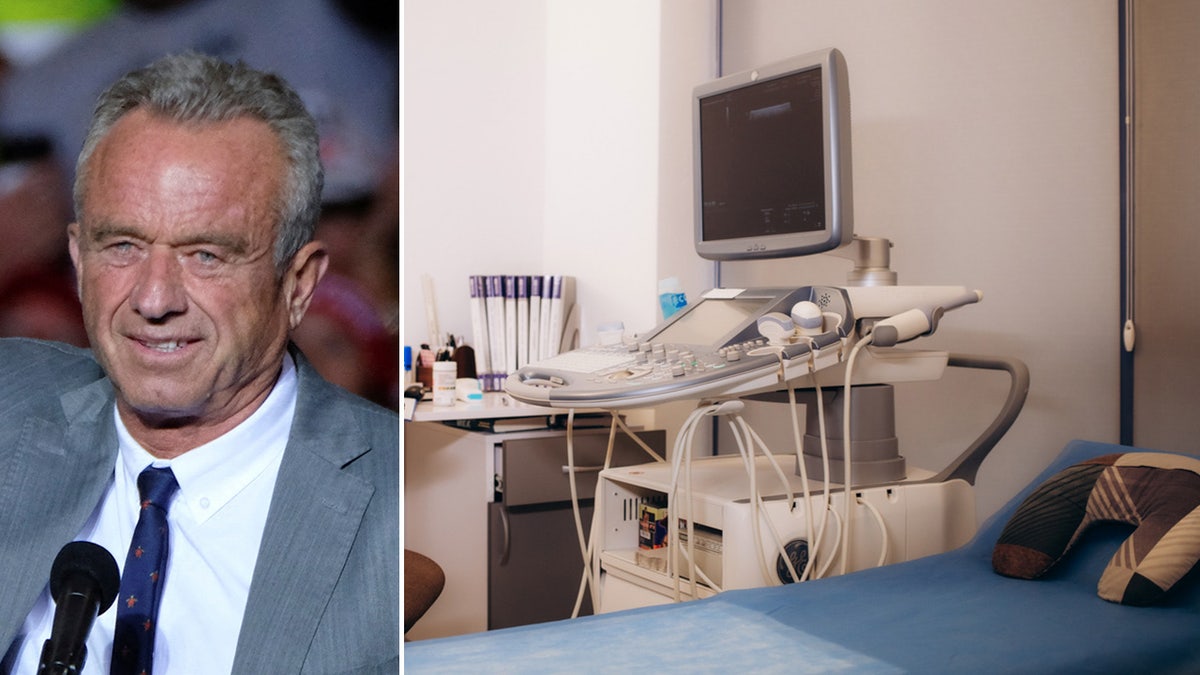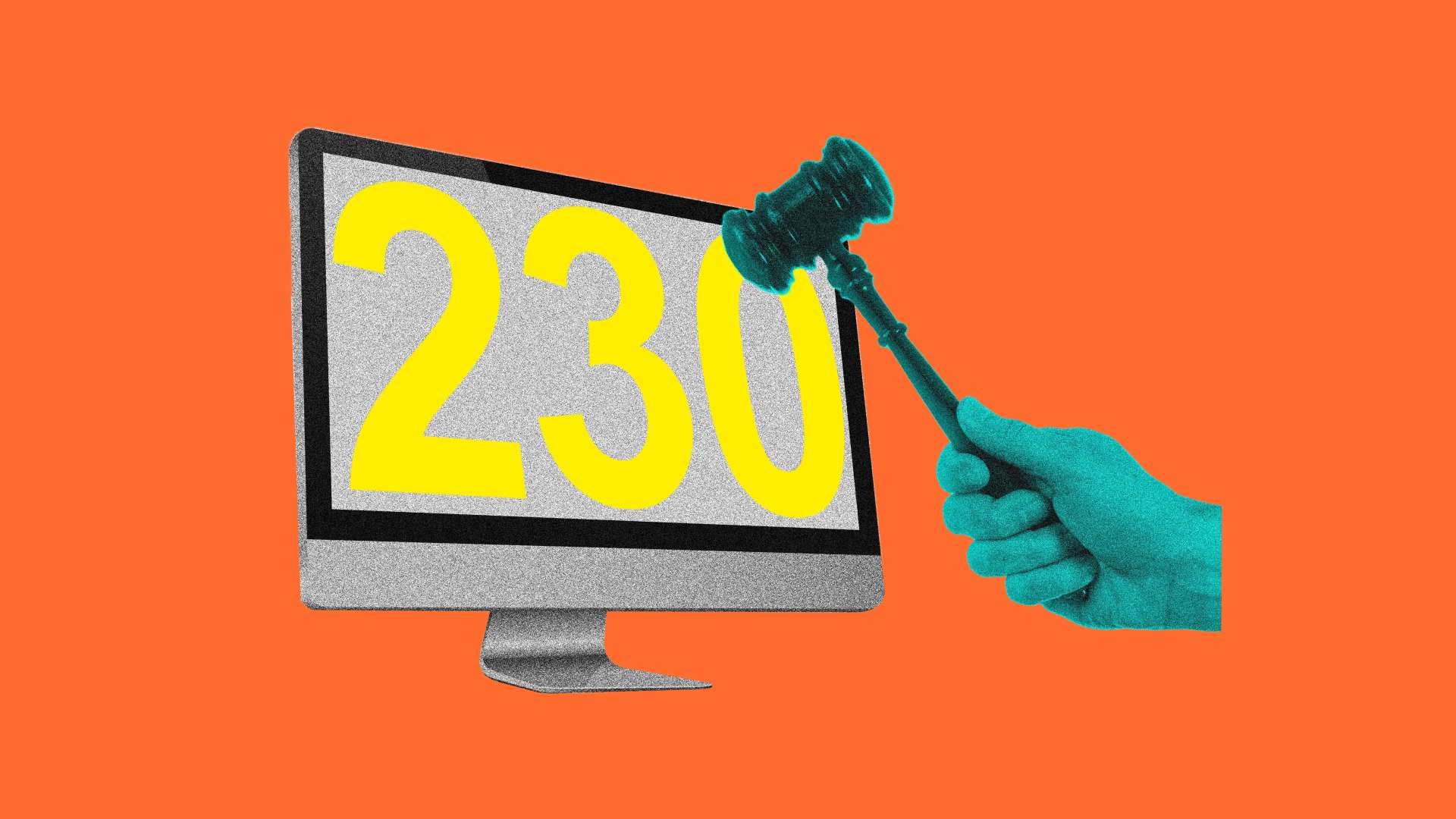HHS's Controversial Choice: Anti-Vaccine Advocate To Examine Debunked Autism-Vaccine Connection

Table of Contents
The Scientific Consensus on the Autism-Vaccine Link
The scientific community overwhelmingly agrees: there is no link between vaccines and autism. Decades of rigorous epidemiological studies, peer-reviewed research, and meta-analyses have consistently failed to find any causal relationship. This consensus is strongly supported by leading global health organizations such as the Centers for Disease Control and Prevention (CDC) and the World Health Organization (WHO).
- Major studies debunking the link: Studies like the large-scale observational study published in the Lancet and subsequently retracted due to fraudulent data, along with numerous other replicated studies, have conclusively shown the absence of a link between vaccines, including the MMR vaccine, and autism spectrum disorder (ASD).
- Retraction of fraudulent research: The infamous Andrew Wakefield study, which initially fueled the anti-vaccine movement, was ultimately retracted and Wakefield's medical license revoked due to ethical violations and fraudulent data.
- Rigorous safety testing and monitoring: Vaccines undergo rigorous testing and monitoring before being licensed, and their safety profiles are continually assessed after their introduction to the market. Adverse events are carefully tracked and investigated.
The Anti-Vaccine Advocate's History and Stance
The individual appointed by the HHS has a long and documented history of promoting anti-vaccine views. Their public statements, writings, and affiliations clearly demonstrate a commitment to the anti-vaccine movement, often disseminating misinformation and pseudoscience.
- Specific examples of anti-vaccine activism: This includes public speaking engagements at anti-vaccine rallies, publishing articles and books promoting unsubstantiated claims about vaccine dangers, and actively campaigning against mandatory vaccination policies.
- Affiliations with anti-vaccine organizations: The appointee has ties to several organizations known for their promotion of anti-vaccine views and conspiracy theories, further highlighting their commitment to this movement.
- Statements contradicting scientific findings: Repeated statements dismissing or downplaying the overwhelming scientific consensus on vaccine safety, often relying on anecdotal evidence and flawed studies, are also of serious concern.
Potential Implications of the Appointment on Public Health
The HHS’s decision carries significant risks to public health. Appointing an individual with a known history of promoting anti-vaccine views could severely undermine public trust in vaccines and scientific institutions. This could lead to decreased vaccine uptake rates, jeopardizing herd immunity and increasing the risk of outbreaks of preventable diseases.
- Herd immunity and its importance: Herd immunity protects vulnerable populations, including infants too young to be vaccinated and individuals with weakened immune systems. Decreased vaccination rates compromise this essential protection.
- Resurgence of vaccine-preventable diseases: Lower vaccination rates increase the likelihood of outbreaks of diseases like measles, mumps, rubella, and whooping cough, posing a significant threat to public health.
- Impact on public health resources and healthcare costs: Treating outbreaks of vaccine-preventable diseases places an enormous strain on public health resources and increases healthcare costs substantially.
The Role of Misinformation in the Anti-Vaccine Movement
The spread of misinformation about vaccines is greatly facilitated by social media and other online platforms. Conspiracy theories and false narratives gain traction rapidly, making it challenging to counteract their influence. Combating this requires a multi-pronged approach:
- Strengthening fact-checking initiatives: Independent fact-checking organizations play a vital role in debunking false claims and providing accurate information.
- Promoting media literacy: Educating the public on how to critically evaluate information sources and identify misinformation is crucial.
- Enhancing social media platform accountability: Social media companies must take greater responsibility for the content shared on their platforms, actively removing or flagging misinformation.
Calls for Transparency and Accountability
The HHS's decision has drawn sharp criticism from public health organizations, scientific societies, and medical professionals. Many are calling for increased transparency regarding the selection process and a demonstration of accountability for a decision that could have profound negative consequences. Calls for scientific integrity and ethical considerations in public health policy are paramount.
Conclusion
The HHS's controversial appointment of an anti-vaccine advocate to examine the debunked autism-vaccine connection is a serious setback for public health. The overwhelming scientific consensus confirms the safety and efficacy of vaccines, and the promotion of misinformation undermines public trust and threatens herd immunity. We must rely on credible scientific evidence and trustworthy sources of information. We urge readers to advocate for policies that prioritize scientific integrity and evidence-based public health initiatives. Let’s work together to combat the spread of misinformation related to the autism-vaccine connection and protect the health of our communities. Support evidence-based vaccination and challenge the spread of anti-vaccine sentiment.

Featured Posts
-
 Wta 1000 Dubai Derrota Inesperada Para Paolini Y Pegula
Apr 27, 2025
Wta 1000 Dubai Derrota Inesperada Para Paolini Y Pegula
Apr 27, 2025 -
 E Bay And Section 230 A Judges Ruling On Banned Chemical Listings
Apr 27, 2025
E Bay And Section 230 A Judges Ruling On Banned Chemical Listings
Apr 27, 2025 -
 Ramiro Helmeyer Dedication To Fc Barcelonas Glory
Apr 27, 2025
Ramiro Helmeyer Dedication To Fc Barcelonas Glory
Apr 27, 2025 -
 Canadian Project Delayed Dow Cites Volatility In Construction Halt
Apr 27, 2025
Canadian Project Delayed Dow Cites Volatility In Construction Halt
Apr 27, 2025 -
 Grand National 2025 A Comprehensive Guide To The Runners At Aintree
Apr 27, 2025
Grand National 2025 A Comprehensive Guide To The Runners At Aintree
Apr 27, 2025
Latest Posts
-
 Professional Hair And Tattoo Artists Inspired By Ariana Grandes New Look
Apr 27, 2025
Professional Hair And Tattoo Artists Inspired By Ariana Grandes New Look
Apr 27, 2025 -
 Ariana Grandes Transformation Professional Expertise In Hair And Tattoo Art
Apr 27, 2025
Ariana Grandes Transformation Professional Expertise In Hair And Tattoo Art
Apr 27, 2025 -
 New Hair New Tattoos Ariana Grande And The Power Of Professional Styling
Apr 27, 2025
New Hair New Tattoos Ariana Grande And The Power Of Professional Styling
Apr 27, 2025 -
 Getting Ariana Grandes Look Professional Hair And Tattoo Advice
Apr 27, 2025
Getting Ariana Grandes Look Professional Hair And Tattoo Advice
Apr 27, 2025 -
 Hair And Tattoo Transformations Learning From Ariana Grandes Professional Choices
Apr 27, 2025
Hair And Tattoo Transformations Learning From Ariana Grandes Professional Choices
Apr 27, 2025
